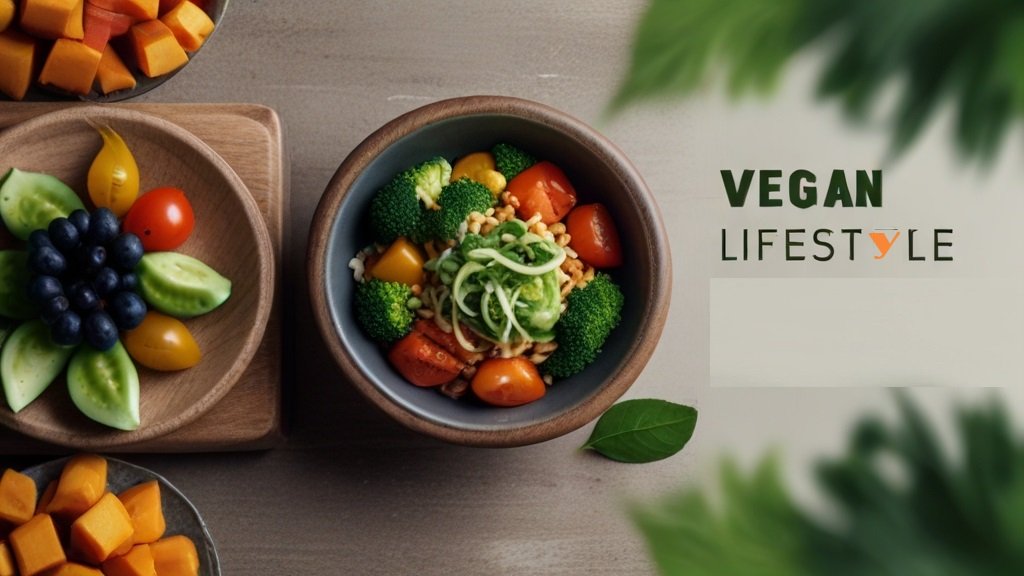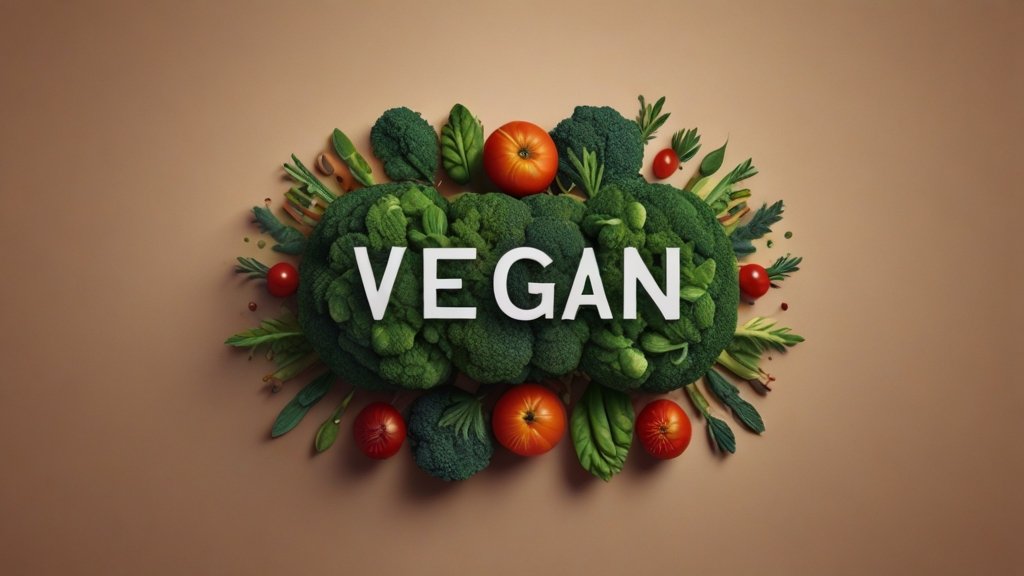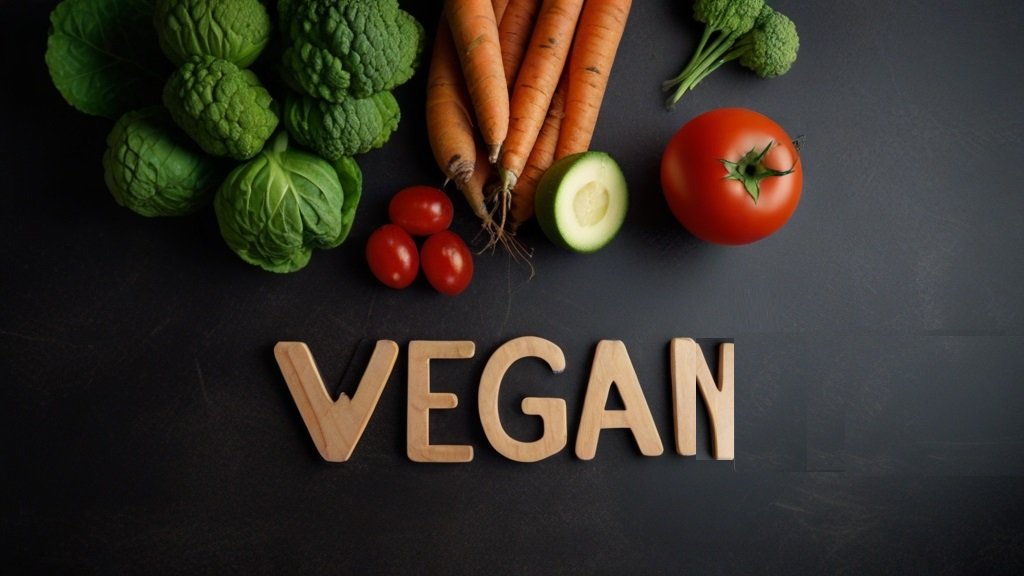In recent years, the term “What Is Vegan?” has gained widespread recognition and popularity, prompting discussions about its meaning, implications, and benefits. But what exactly does it mean to be vegan, and what does a vegan lifestyle entail? In this comprehensive guide, we’ll delve into the essence of veganism, explore the intricacies of a vegan diet, and shed light on the motivations behind choosing this compassionate and environmentally friendly way of living.

Table of Contents
What is Veganism?
Main thing, veganism is a choice of lifestyle that seeks to minimize harm to animals and the environment abstaining from the consumption or use of animal products. This includes not only meat and dairy but also eggs, honey, and other products derived from animals. Additionally, vegans typically avoid goods tested on animals and refrain from supporting industries that exploit animals for entertainment or other purposes.
Veganism extends beyond dietary choices to encompass various aspects of daily life, such as clothing, cosmetics, and household products. By embracing a vegan lifestyle, individuals aim to align their actions with principles of compassion, sustainability, and social justice.
The Vegan Diet: Nourishing Body and Soul
One of the most prominent aspects of veganism is its dietary component. A vegan diet consists of plant-based foods that provide all the necessary nutrients for optimal health and well-being. Contrary to popular misconceptions, a well-planned vegan diet can offer a wide array of vitamins, minerals, protein, and other essential nutrients without the need for animal products.

Key components of a balanced vegan diet include
Fruits and Vegetables: These form the foundation of a vegan diet, providing essential vitamins, minerals, antioxidants, and fiber.
Whole Grains: Foods like quinoa, brown rice, oats, and whole wheat bread are rich in carbohydrates, fiber, and various nutrients.
Legumes: Beans, lentils, chickpeas, and other legumes are excellent sources of protein, fiber, and micronutrients.
Nuts and Seeds: Almonds, walnuts, chia seeds, and flaxseeds are nutrient-dense additions that offer healthy fats, protein, and essential minerals.
Plant-Based Protein Sources: Tofu, tempeh, seitan, and plant-based meat alternatives provide protein and can be used as substitutes for traditional animal products.
It’s important for vegans to pay attention to certain nutrients that may be less abundant in a plant-based diet, such as vitamin B12, iron, calcium, omega-3 fatty acids, and vitamin D. Fortunately, these nutrients can be obtained through fortified foods, supplements, and careful food choices.
Motivations Behind Veganism
People adopt a vegan lifestyle for a variety of reasons, each driven by personal beliefs, ethical considerations, health concerns, or environmental awareness. Some common motivations for choosing veganism include:
Ethical Considerations
Many vegans are motivated by a desire to prevent animal suffering and exploitation. They reject the notion of animals as commodities and advocate for their rights and well-being.
Environmental Concerns
Animal agriculture is a leading cause of deforestation, water pollution, greenhouse gas emissions, and habitat destruction. By choosing a plant-based diet, vegans reduce their ecological footprint and contribute to a more sustainable future.
Health Benefits
Numerous studies have shown that a well-planned vegan diet can lower the risk of chronic diseases such as heart disease, diabetes, obesity, and certain types of cancer. Additionally, vegan diets are typically rich in fiber, antioxidants, and phytonutrients, which promote overall health and longevity.
Global Food Security
Feeding grains and crops to livestock consumes vast amounts of resources, contributing to food scarcity and inequity. By prioritizing plant-based foods, vegans support a more efficient and equitable food system that can better nourish the world’s population.
Embracing a Vegan Lifestyle
Moving to a vegan lifestyle seems daunting at first, however with the right guidance and resources, vegan lifestyle can be a rewarding and fulfilling journey. Below are some helpful tips for embracing veganism:

Educate Yourself
Take the time to learn about vegan nutrition, cooking techniques, and ingredient substitutions. There are countless resources available, including books, websites, documentaries, and online communities.
Experiment with Plant-Based Foods
Explore the wide variety of fruits, vegetables, grains, legumes, and plant-based alternatives available. Get creative in the kitchen and try new recipes to discover delicious and satisfying meals.
Find Support
Surround yourself with like-minded individuals who share your values and can offer encouragement, advice, and inspiration. Join vegan groups, attend meetups, and connect with others online to build a supportive community.
Be Patient and Persistent
Transitioning to a vegan lifestyle is a gradual process, and it’s okay to take it one step at a time. Be patient with yourself, celebrate your progress, and focus on the positive impact you’re making.
You can always search for and find for vegan food near me if available in nearby your locality.
Conclusion
Veganism represents a powerful movement toward a more compassionate, sustainable, and equitable world. By embracing a plant-based lifestyle, individuals can make a profound difference in the lives of animals, the health of the planet, and their own well-being. Whether motivated by ethics, environment, health, or all of the above, choosing veganism is a transformative decision that holds the potential to create positive change on a global scale.
In recent years, the fashion industry has witnessed a significant shift towards sustainability and ethical practices, prompting the rise of innovative materials like vegan leather












